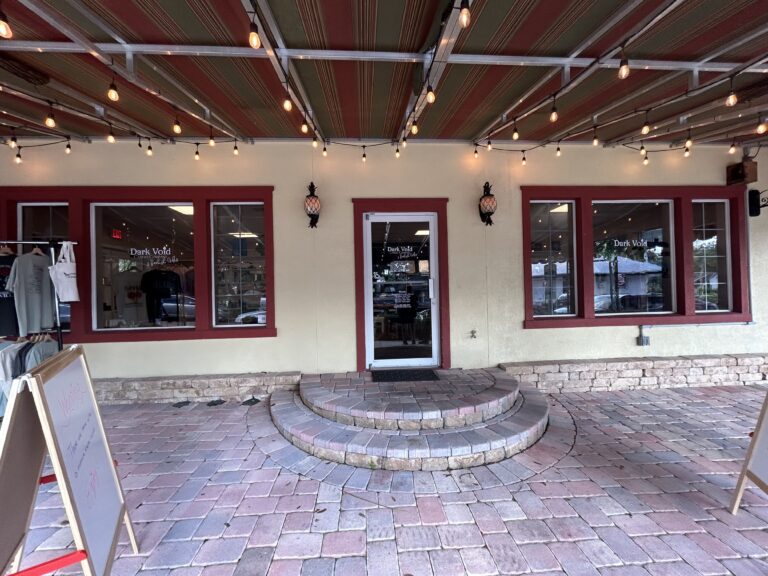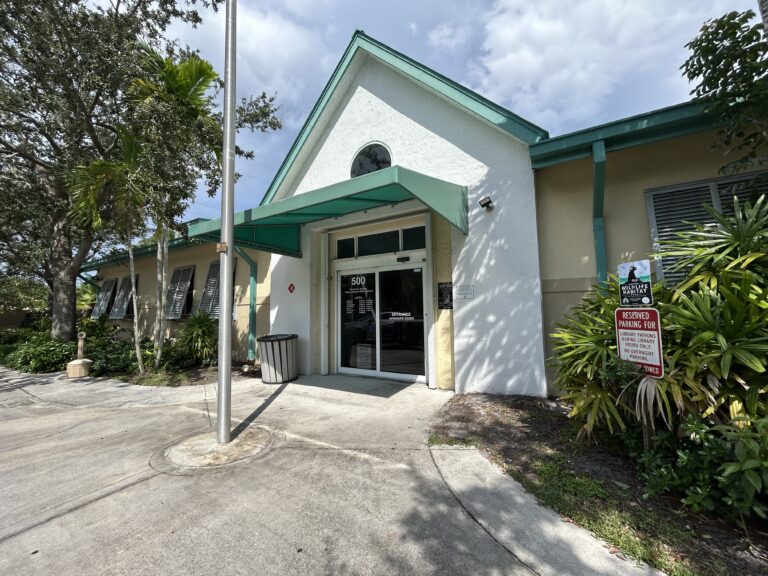American vs. European Literature: A Journey Through Two Literary Worlds
During my travels across Europe, I discovered something more than just beautiful architecture and rich history—I found a literary culture that feels distinct from what we see in America. From hidden alleyway bookshops in London to iconic spots like The Red Wheelbarrow in Paris and the Biblioteca Nacional in Spain, I observed a love for books deeply woven into European life. But how does this differ from what we experience in America? Let’s explore.
The Allure of European Bookstores and Libraries
European bookstores and libraries are often more than just places to buy or borrow books—they’re cultural landmarks. Take Shakespeare and Company in Paris, with its cozy, eclectic atmosphere and rich literary history, or Libreria Aqua Alta in Venice, where books are stacked inside gondolas to protect them from flooding. In London, you can step onto Word on the Water, a floating bookstore on a barge, or visit Daunt Books, which specializes in travel literature and has a beautiful Edwardian interior.
These places invite readers to spend hours browsing, not rushing through aisles. They are rooted in a tradition where books are revered as a core part of the community. Walking through a European bookstore often feels like stepping into a timeless world of stories.
A Reading Culture Embedded in Everyday Life
One thing that struck me during my time in Europe was how ingrained reading is in the culture. On public transportation—whether the Paris Metro, London Tube, or Madrid’s buses—I saw people constantly reading. From novels to newspapers, books seem to accompany people on their daily commutes.
In addition, book fairs and literary festivals are regular and well-attended. Europe celebrates authors with a frequency that reflects how central literature is to daily life. Whether it’s literary salons in France or book fairs in Italy, readers come together to share ideas and meet writers in person. This kind of public appreciation fosters a vibrant literary scene that’s hard to ignore.
A Comparison to American Reading Habits
While America boasts a rich literary tradition and passionate readers, there are some noticeable differences. The fast-paced lifestyle in the U.S., coupled with the increasing shift toward digital media, has made reading more of a solo or private experience. People do read in public spaces, but the scene feels less communal. Busy schedules and sprawling cities make leisurely strolls to bookstores a rarity compared to pedestrian-friendly European cities like Paris or Florence.
That said, America is home to iconic bookstores and literary festivals—Powell’s Books in Portland and the National Book Festival in Washington D.C., for example—where the literary culture thrives. However, with the rise of digital platforms like Kindle and Audible, there’s a stronger focus on quick consumption of books rather than the slow, immersive reading experience often found in Europe.
Education and Access: A Lifelong Connection to Books
Another key difference lies in education. In many European countries, literature is an essential part of the school curriculum, with students introduced to classic and contemporary works from an early age. This emphasis on reading fosters a lifelong appreciation for books. Public libraries are often well-funded, and books are affordable, making them accessible to all.
In contrast, while the U.S. also has a strong public library system, access to books isn’t always equal. Rural or underserved areas may have fewer resources, making it harder for some communities to develop a reading habit. Despite this, public libraries across America do incredible work, and programs like Little Free Libraries have emerged to help fill the gaps.
Why This Matters for All of Us
Whether you’re a casual reader or someone who loves the feel of a book in your hands, these differences between European and American literary cultures highlight the unique ways that reading is celebrated across the world. In Europe, literature is an integral part of everyday life, woven into the fabric of the community. In America, there’s always room to reimagine how books can fit into our fast-paced lives.
In the end, literature has the power to connect us all, no matter where we are. The experience of visiting a new bookstore or finding a quiet corner to read may vary between countries, but the love for stories is universal.






